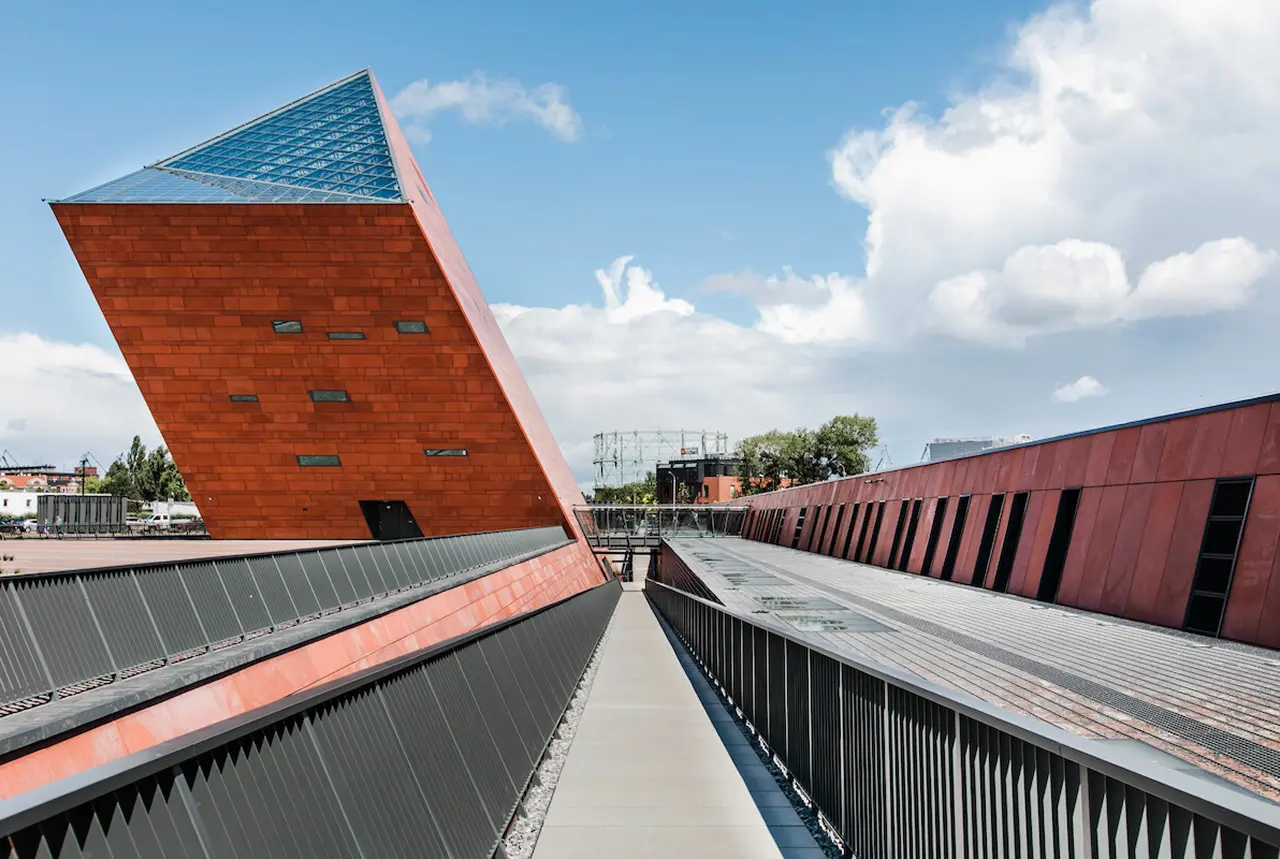
War is not an adventure. Even if it does include numerous acts of heroism, the sacrifices of its victims weigh on the consciousness of future generations, and war, in all its complexity, is above all an immense source of harm and suffering for many innocent people. Technology and its advancements, often driven by military needs, may eventually serve peaceful purposes, but during the time of war, they are tools of destruction, injury, and death.
The most devastating armed conflict in the history of Poland and humanity was World War II. Therefore, our mission is to preserve its material and immaterial evidence, to conduct research on both micro and macro scales, to create a comprehensive and accurate account of the war, and to disseminate knowledge about it to audiences worldwide. We believe that only by placing the unique wartime experiences of Poles within the broader context of European and global events can we convey their full significance. We also believe that a profound reflection on the past should inspire the rejection of violence as a tool of politics.
Our main exhibition, opened on March 23rd, 2017, serves to fulfill this mission. It is complemented by temporary exhibitions, publications, educational initiatives, and cultural events, which help us share our message with audiences from Poland and across the globe.
We are building the new Westerplatte Museum. At this symbolic site of the outbreak of World War II, we will tell the story of the heroism of Polish soldiers defending the peninsula against German aggression in 1939, the suffering of civilians held in the KL Stutthof subcamp located nearby, and the long-term consequences of the war. At a time when military aggression is once again being used as a tool of dictators’ policies, and violence and fear have become instruments of terrorizing societies, it is from Gdańsk that the message which is inseparable from this place must be heard: never again war!
